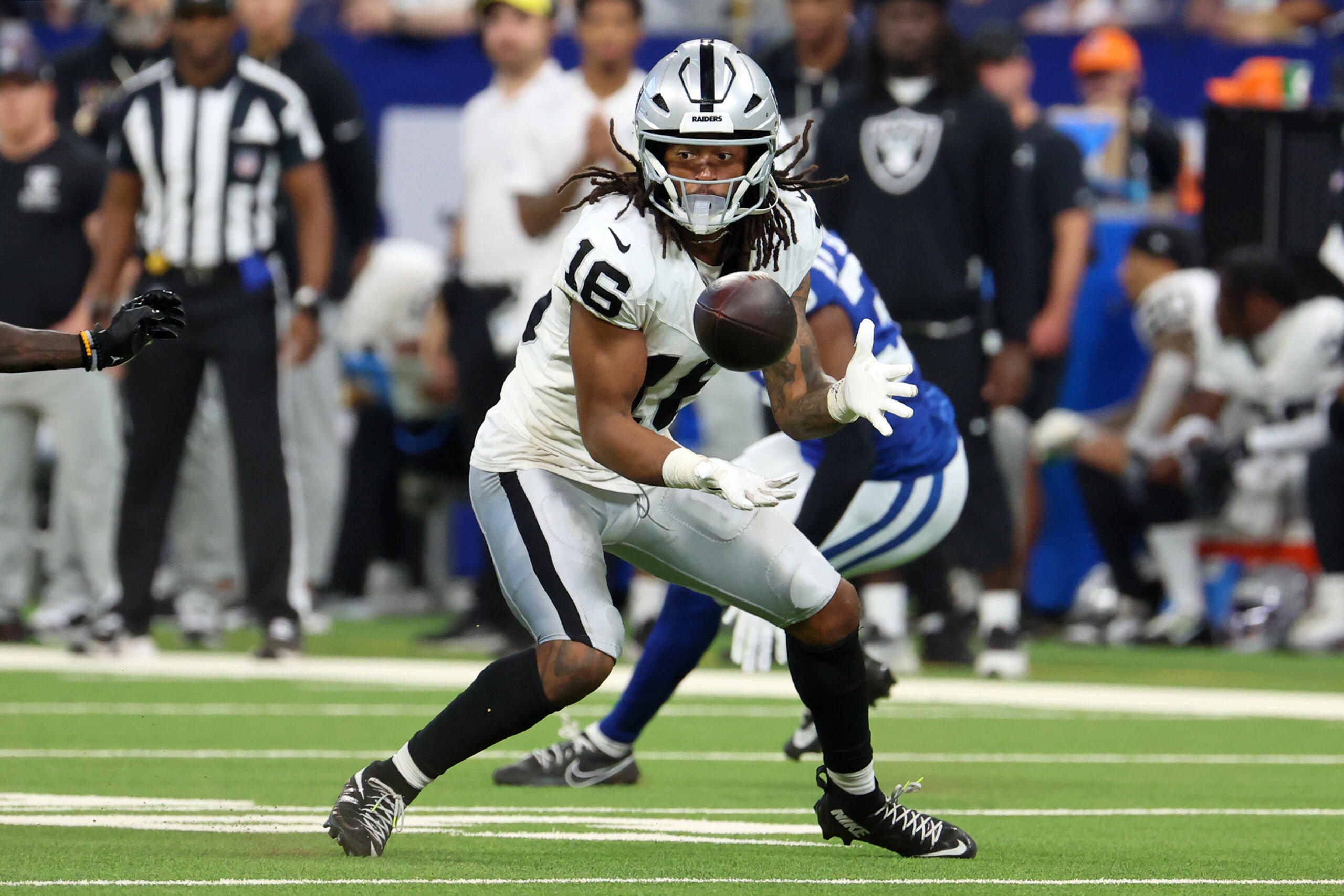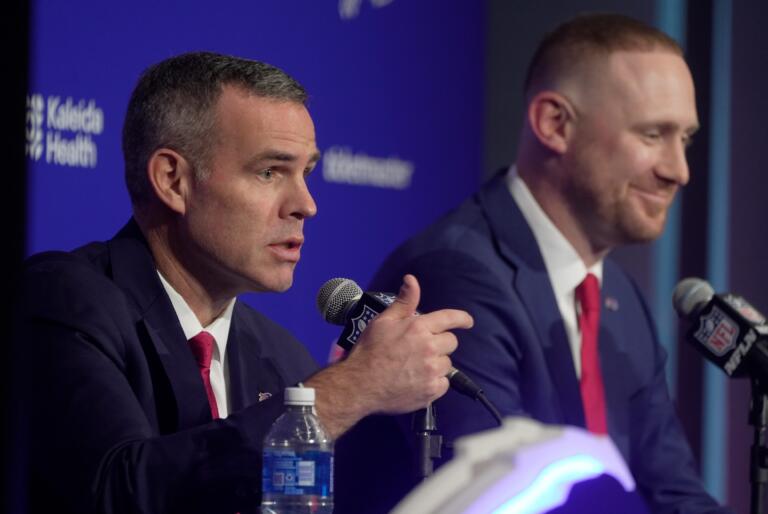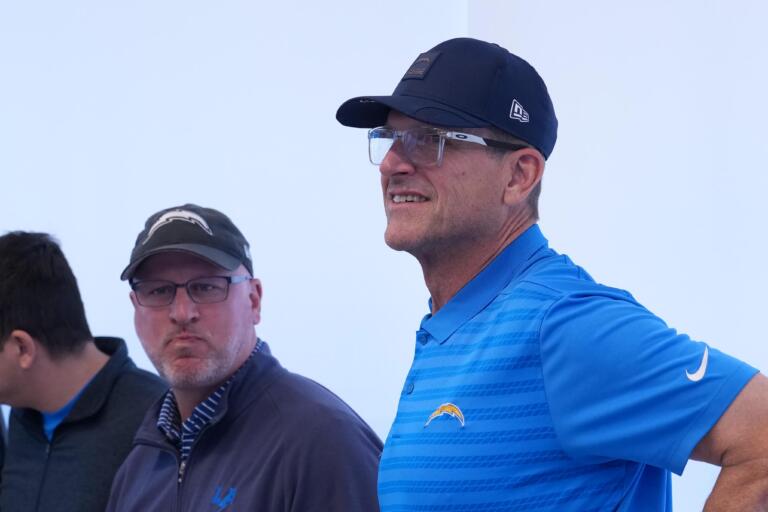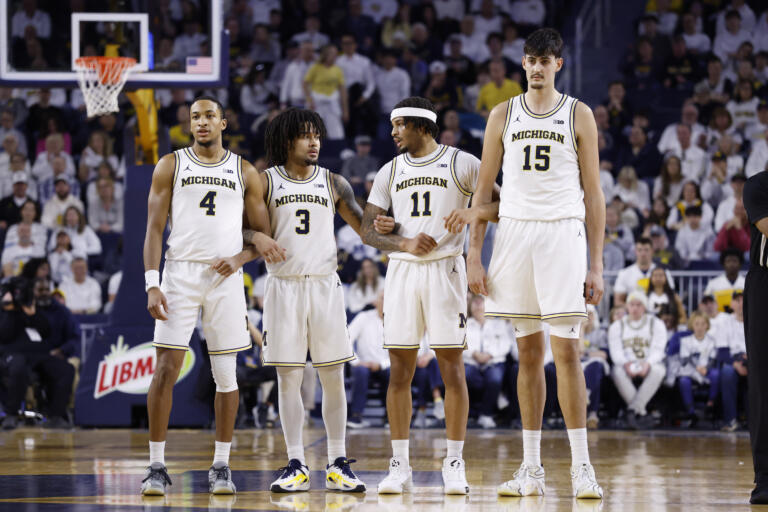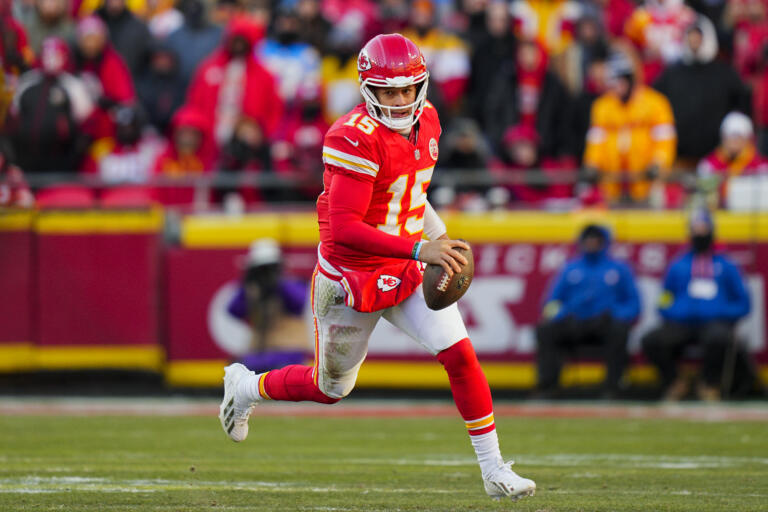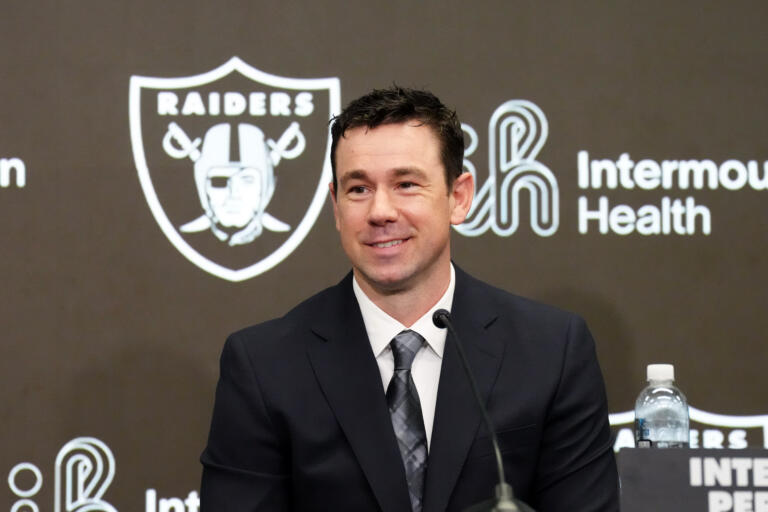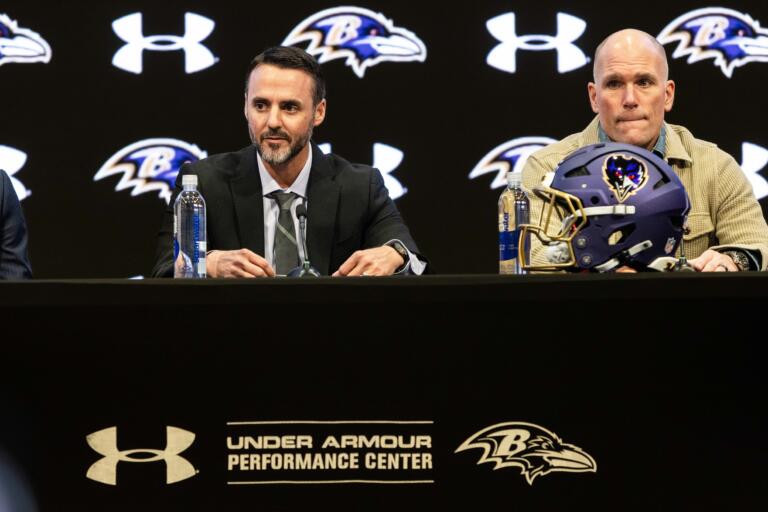Jacksonville shores up its pass‑catching corps with a move that makes sense now—while the cost remains manageable.
The Jacksonville Jaguars made a timely and shrewd move just before the NFL’s 4 p.m. trade deadline on Tuesday, acquiring veteran wide receiver Jakobi Meyers from the Las Vegas Raiders in exchange for a 2026 fourth‑ and sixth‑round draft pick. With the team trudging through multiple injury setbacks at the receiver position, this deal fills a critical need with a known quantity—one year out from free agency—but the timing and structure make it a very smart move for Jacksonville.
Why this move makes sense now
Jacksonville was already showing potential as an AFC South contender, yet the receiving room was under serious strain. Rookie two‑way threat Travis Hunter hit the Injured Reserve list with a non‑contact knee injury. Second‑year wideout Brian Thomas Jr. has been banged up with ankle and shoulder issues, and his production has dipped from his rookie breakout. Tight end Brenton Strange is also sidelined with a hamstring injury. While the Jaguars hoped for big leaps from emerging pass catchers, a reliable veteran was clearly missing. Meyers brings that reliability.
From a statistical and performance perspective, Meyers checks many boxes. Over his NFL career (with the New England Patriots and then the Raiders), he’s accumulated roughly 4,900 receiving yards and 20 touchdowns in just under 100 games. Last season, he posted 87 catches for 1,027 yards with Las Vegas. His current season may not have been spectacular (33 receptions, 352 yards), but the context matters: he’s being added into a Jaguars offense that needs stability in the passing game. Meyers should help Lawrence, especially in moving the chains and creating safer, higher-percentage targets.
In short: the Jaguars plugged a gap. They protected themselves against further drop‑off from injuries and inconsistency at receiver. Jacksonville has led the league in receiver drops—so getting a “sure‑handed” veteran is more than just depth. It’s a stabilizer.
What it cost and why the cost is acceptable
From Las Vegas’s perspective, they relinquished a veteran who was at the end of his deal. Meyers is in a contract year with no guarantees beyond this season. The Jaguars’ price: a 2026 fourth‑round pick (the higher of the two they held) and a 2026 sixth‑round pick.
Relative to potential returns or long‑term risk, that cost is low. Yes, the Jaguars are sacrificing future pick capital, but given the surplus of selections they retained—even post‑trade—they maintained flexibility while addressing a current roster weakness. The fact that Meyers represents a one‑year rental does impose some caveats, but given the urgency of the Jaguars’ situation—and the fact that they’re in the playoff hunt—it’s a cost that makes sense.
Why this can move the needle
Meyers offers immediate benefits: a polished route‑runner with demonstrated production and the ability to complement what the young Jaguars receivers bring. He adds a veteran presence in the slot and outside alignments, which helps simplify things for Lawrence and the offensive staff. He’s already familiar with Jaguars wide receivers coach Edgar Bennett, who coached him in Las Vegas, which should ease the transition and learning curve.
Moreover, his arrival stabilizes the receiver room while Hunter, Thomas Jr. and others recover. When Hunter returns, the Jaguars can integrate him without feeling they missed a beat in the interim. In a division and conference where every game matters, maintaining offensive momentum is crucial.
The caveats and what to watch
Meyers is not a long‑term lock — this is a one‑year piece. The Jaguars must evaluate whether he can deliver at a high level in this system. Also, integration always takes some time—even veterans can take a few weeks to mesh with a new quarterback and offensive scheme. With a challenging schedule ahead, the key will be whether Meyers can hit the ground running and whether injuries at other receiver spots (Thomas Jr., Dyami Brown, Tim Patrick) remain manageable.
Conclusion
In sum, the Jaguars made a smart, deadline-day acquisition. The trade cost was moderate, the need was pressing, and the player offered a clear upgrade at a position that was suddenly shallow. If Meyers delivers as hoped, this trade could tip Jacksonville from ‘in the hunt’ to being a serious threat in the AFC.


